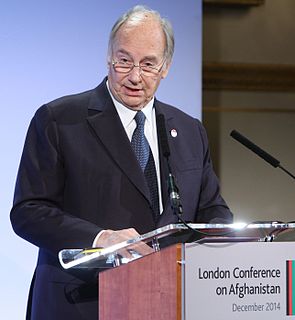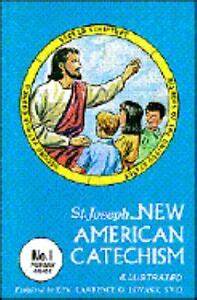A Quote by Muhammad Asad
I do not feel that the West has really become less condescending toward foreign cultures than the Greeks and Romans were: it has only become more tolerant. Mind you, not toward Islam—only toward certain other Eastern cultures, which offer some sort of spiritual attraction to the spirit-hungry West and are, at the same time, too distant from the Western world-view to constitute any real challenge to its values.
Quote Topics
Any
Attraction
Become
Certain
Challenge
Condescending
Constitute
Cultures
Distant
Eastern
Feel
Foreign
Foreign Culture
Greeks
Hungry
Islam
Less
Mind
More
Offer
Only
Other
Real
Really
Romans
Same
Same Time
Some
Sort
Spirit
Spiritual
Than
Time
Tolerant
Too
Toward
Values
View
Were
West
Western
Western World
Which
World
Related Quotes
There was this famous clash of civilization thesis from Samuel Huntington, a political theorist. And the idea was that Western civilization is at war with Islam and maybe some of the other civilizations around the world. And I don't agree with that. But I do think there is such a thing as Western civilization. I think it starts with the Greeks and the Romans. Then it goes through the Enlightenment - or the Reformation, the Enlightenment. It goes through the scientific age. And it somewhat defines some of the cultures and mores of Europe and North America and some other countries.
The Muslim world, with its history and cultures, and indeed its different interpretations of Islam, is still little known in the West. The two worlds, Muslim and non-Muslim, Eastern and Western, must, as a matter of urgency, make a real effort to get to know one another, for I fear that what we have is not a clash of civilisations, but a clash of ignorance on both sides.
Ethics cannot be based upon our obligations toward people, but they are complete and natural only when we feel this Reverence for Life and the desire to have compassion for and to help all creatures insofar as it is in our power. I think that this ethic will become more and more recognized because of its great naturalness and because it is the foundation of a true humanism toward which we must strive if our culture is to become truly ethical.
Certainly here in the U.S., we've had fundamentalist movements that have taken very critical and hostile attitudes toward immigration and the assimilation of immigrants into our society and culture. So these tendencies are fairly universal. The problem is what if they get out of hand and become the dominant factor in a society, which can only lead to the oppression of minorities or even to war with neighboring societies with differing cultures. That's why it seems to me it's important to try to keep these tendencies toward extremism under control.
As you begin to feel this enormous shift of consciousness, called multisensory perception, emerging in your awareness, you begin to reorient yourself. It's a reorientation that occurs toward yourself as more than a mind and a body; it's a reorientation that occurs toward others; toward your life as meaningful, rather than predetermined. It's a reorientation that occurs toward the universe as alive, wise and compassionate, instead of inert (which means dead) and random.
LGBT people are really convenient: we're sort of the ultimate foreign agent in Russia. There's no doubt in anyone's mind that the values that affirm nontraditional relationships, that affirm feminism, come from abroad. If you've established - and this isn't up for discussion - that foreign agents are bad, and foreign influence is bad, and the West is our enemy, then there's no better expression of the West's influence than gays and lesbians.
Unfortunately, in Russia this "Asian mentality,"still comes to the fore. But at the same time, it is obvious that there is a certain orientation toward the West. In the end, this is a fragile balancing act between the Asian manner of governance and high living standards that are guaranteed through Western technology.
Reading is at the threshold of spiritual life; it can introduce us to it; it does not constitute it. There are, however, certain cases, certain pathological cases, so to speak, of spiritual depression in which reading can become a sort of curative discipline and assume the task, through repeated stimulation, of continuously reintroducing a lazy mind into the life of the spirit.
I call the transformed world toward which we can move ‘sustainable,’ by which I mean a great deal more than a world that merely sustains itself unchanged. I mean a world that evolves, as life on earth has evolved for three billion years, toward ever greater diversity, elegance, beauty, self-awareness, interrelationship, and spiritual realization.
I share the belief of many of my contemporaries that the spiritual crisis pervading all spheres of Western industrial society can be remedied only by a change in our world view. We shall have to shift from the materialistic, dualistic belief that people and their environment are separate, toward a new consciousness of an all-encompassing reality, which embraces the experiencing ego, a reality in which people feel their oneness with animate nature and all of creation.
The job numbers are positive. We've had more jobs created now than were lost during the recession. We're seeing that the creation, we're seeing those numbers not only grow but shift toward the private sector and shift toward full-time employment and these are all signs that the recovery is taking some hold but we're not out of woods.

































